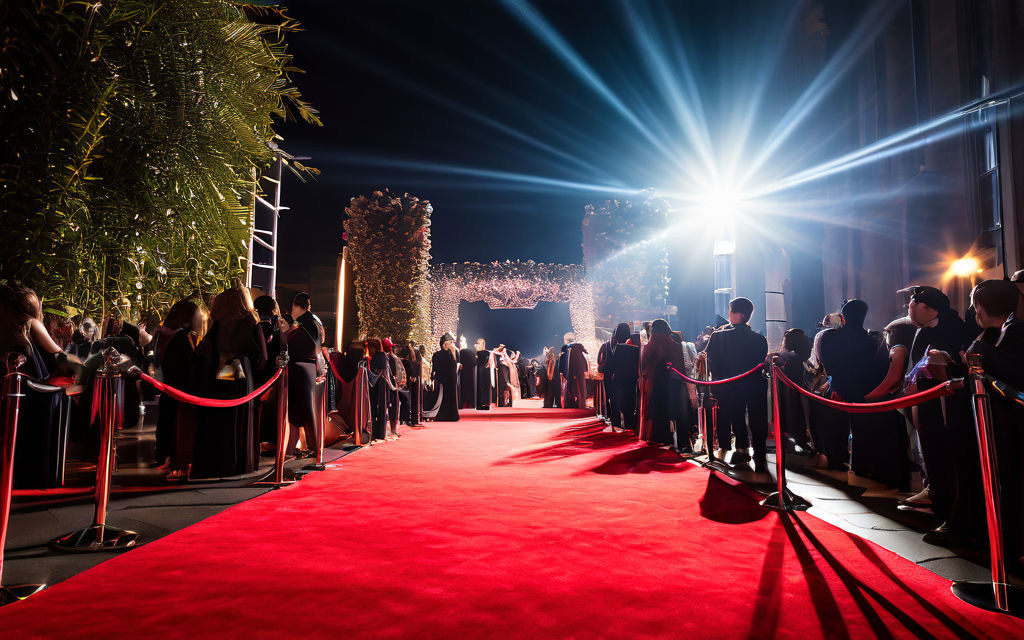At the forefront of contemporary discourse is the question of whether AI’s rapid progression could warrant rights akin to those of humans. This debate reflects a growing awareness of AI’s potential to emulate human behavior and raises profound ethical concerns about its societal role.
A recent example from the Met Gala serves as a poignant illustration of AI’s impact on contemporary culture. Fake images of celebrities circulating online prompt reflection on the challenges of discerning authenticity in an era characterized by widespread generative AI tools.
An image of Rihanna in an elaborate garden-themed dress circulated online, garnering attention. However, it was revealed to be fabricated, as Rihanna, who had dyed her hair pink for the occasion, was absent from the event due to illness, as reported by People Magazine.
As celebrities’ digitally altered appearances blur the lines between reality and fabrication, fundamental questions emerge about the reliability of online information and the implications for trust in digital media. The episode underscores the need for critical thinking and discernment in navigating an increasingly AI-driven landscape.
Moreover, the article highlights the evolving nature of celebrity culture in the age of AI, where traditional norms of authenticity and credibility are challenged by the proliferation of synthetic content. This phenomenon serves as a poignant reminder of the complexities inherent in grappling with AI’s transformative potential.
Ultimately, the intersection of AI and society compels us to confront broader questions about truth, authenticity, and the evolving nature of human-machine interactions. As AI continues to shape our world, the imperative to navigate its ethical implications becomes increasingly urgent.
